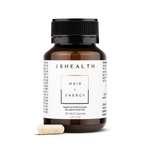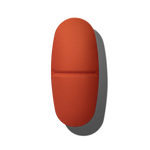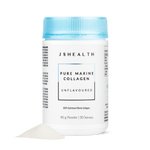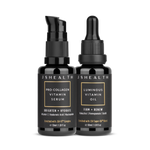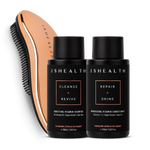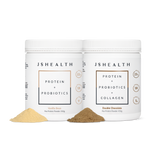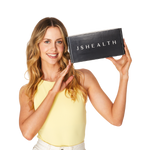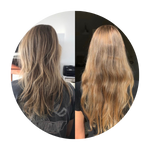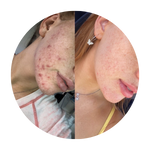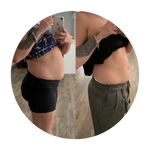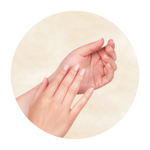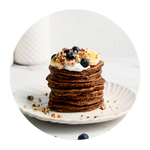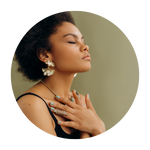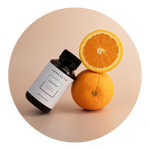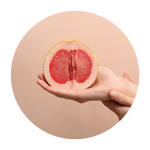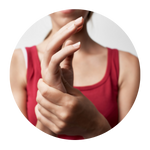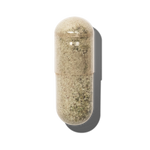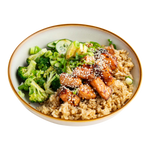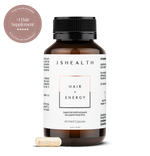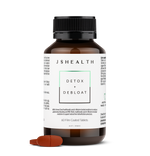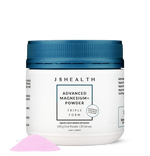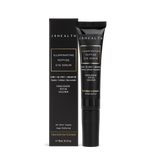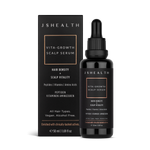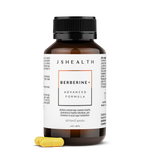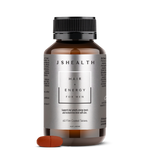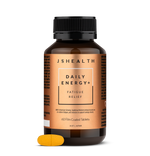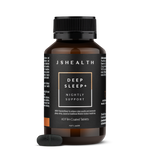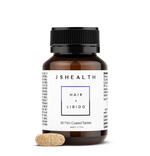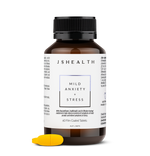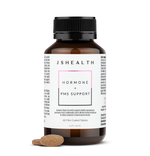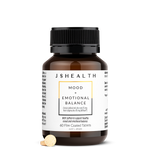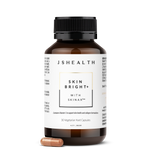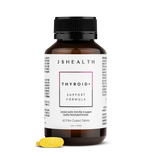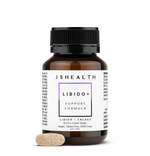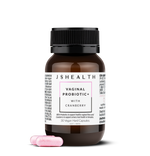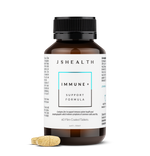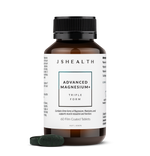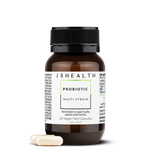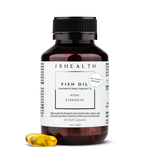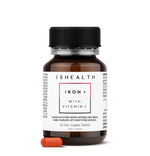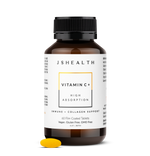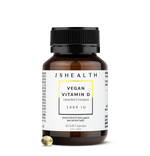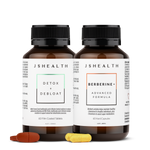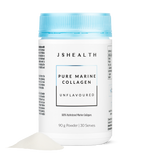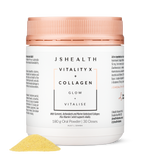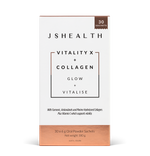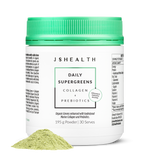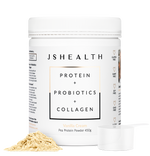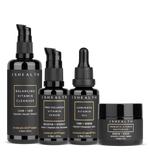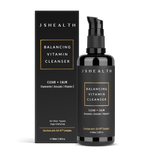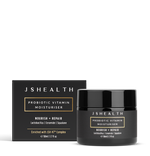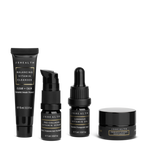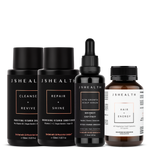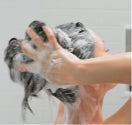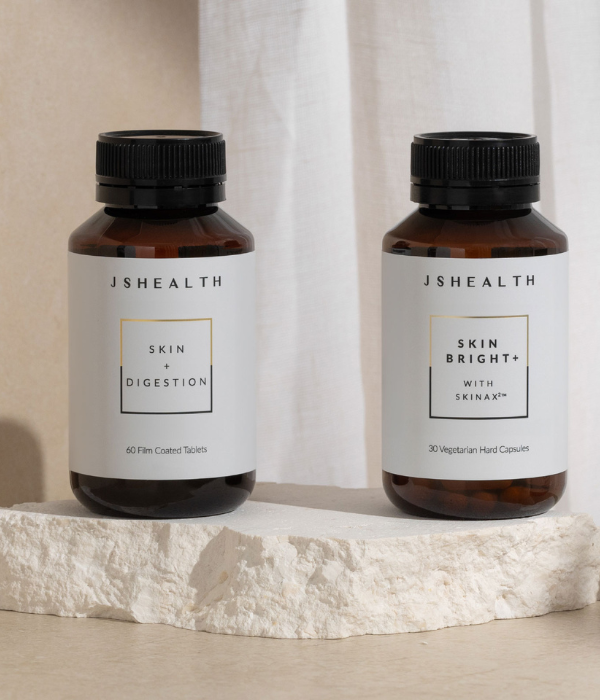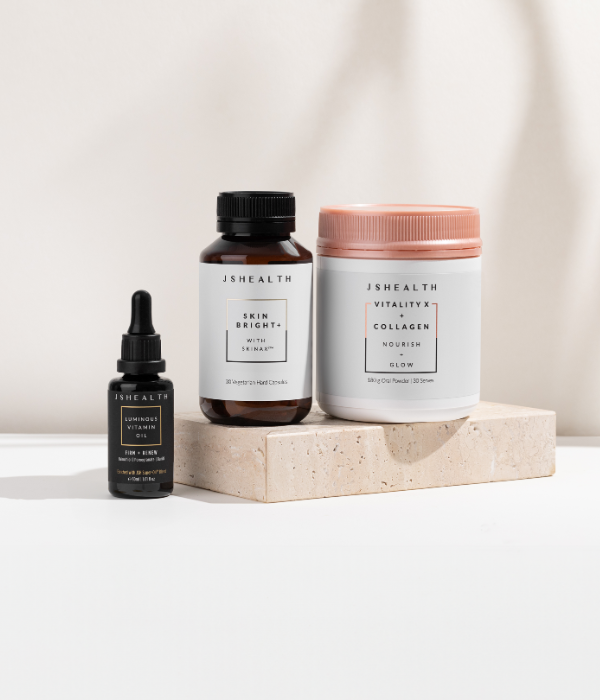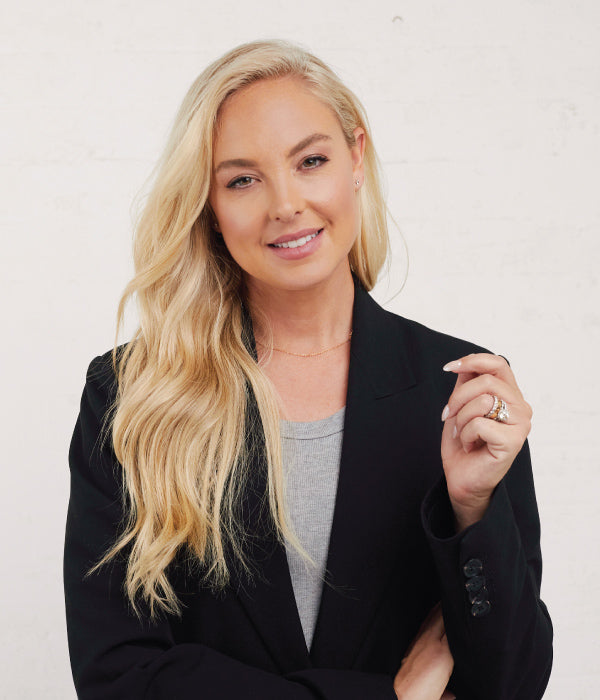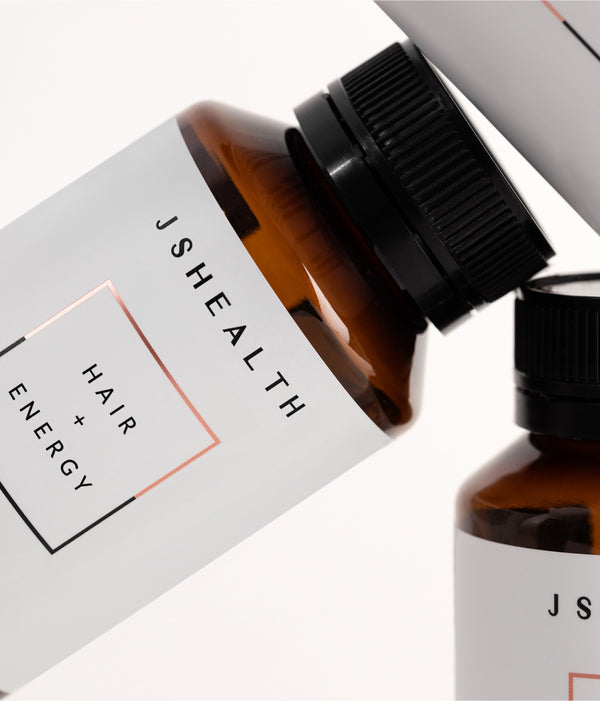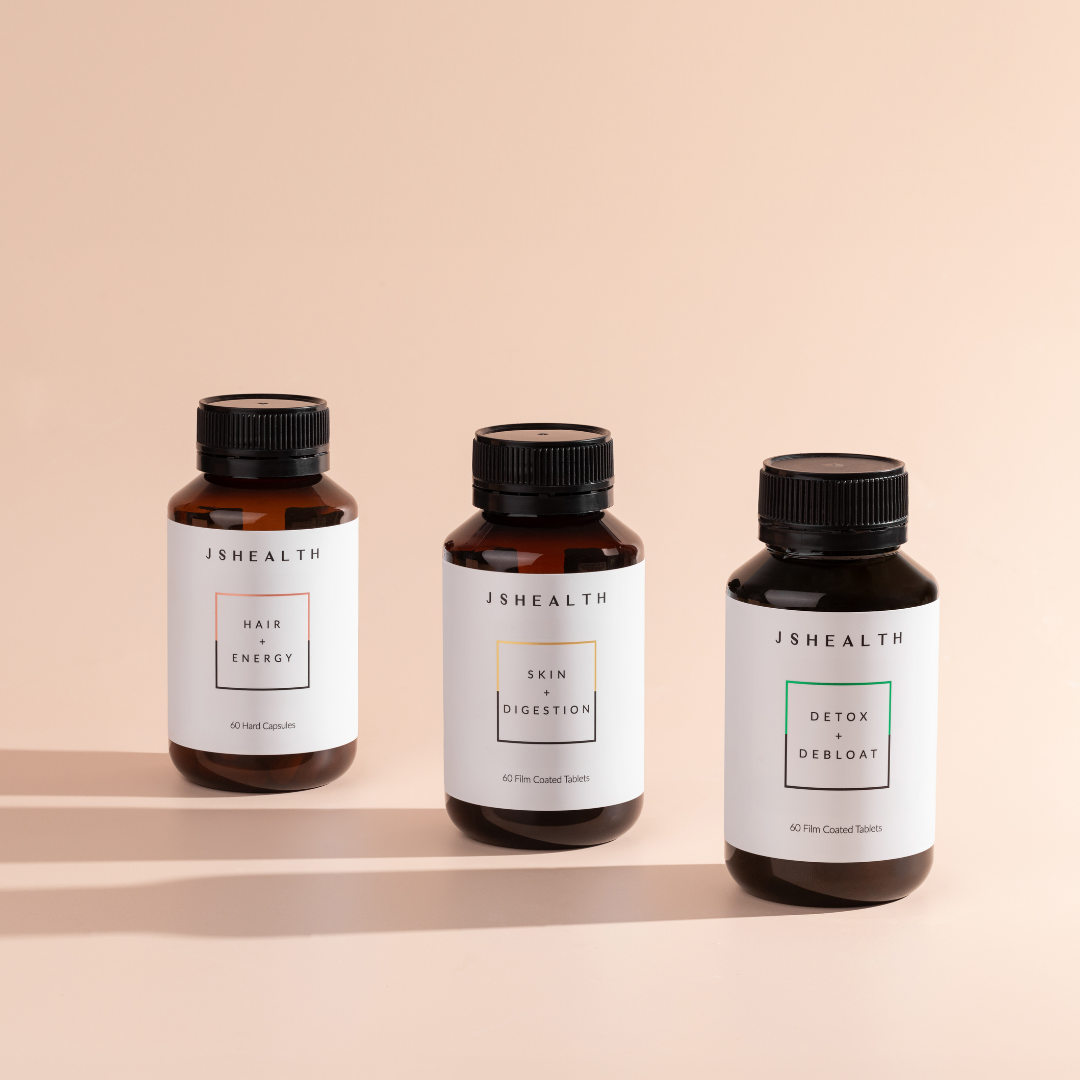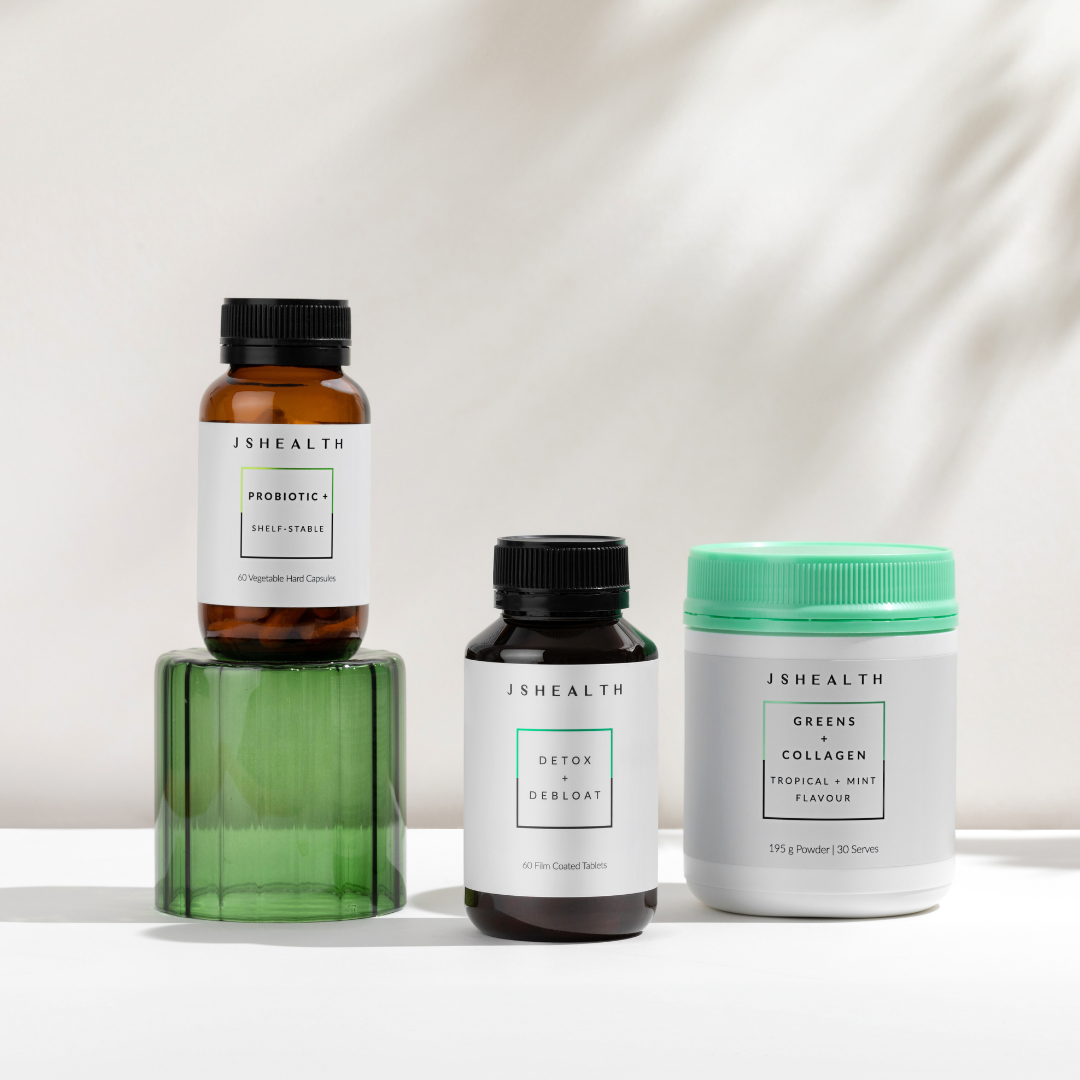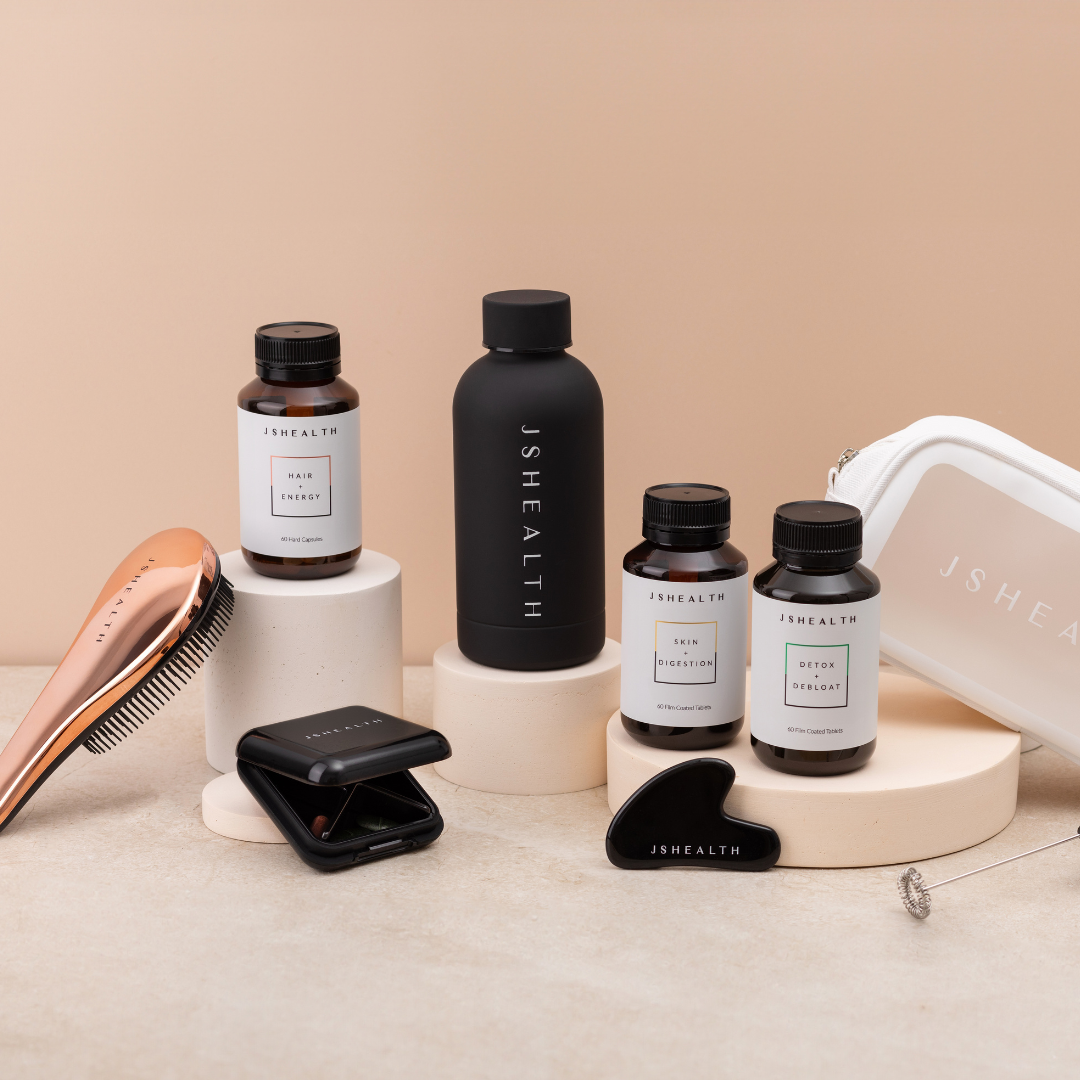Nourishing from Within: B Vitamins for Luscious, Healthy Hair
It's no secret that our hair is more than just a part of our physical appearance. It's a testament to our individual style, an emblem of our unique identity and, more importantly, a mirror reflecting our internal health.
Gaining a deeper understanding of the vital role B vitamins play in our hair's wellbeing can help us to better nurture and support our locks. These miraculous nutrients champion the cause of healthy hair growth and are the key players in preserving our hair's vitality.
Let’s look into the benefits of B vitamins for your hair and our top tips to achieve a head full of lustrous, healthy hair.
What Role Do B Vitamins Play in Hair Growth and Health?
B vitamins are crucial for our bodies as well as our hair. In essence, they send signals to our hair follicles that can lead to healthy, full and radiant-looking locks. They're like our hair's support squad, working in tandem with our bodies to encourage healthy hair growth.
Here’s how each member of the B vitamin family contributes to our crowning glory:
- Vitamin B1 (Thiamin) helps our bodies convert the food we eat into energy, powering the cells of our hair follicles.
- Vitamin B2 (Riboflavin) is an integral part of the vitamin B complex. Riboflavin plays an important role in cell growth and function, including those of our hair follicles.
- Vitamin B3 (Niacin) supports blood circulation, nourishing our scalp and maintaining the health of our hair follicles. As a water-soluble vitamin, it is essential to replenish it regularly in our diet to avoid deficiencies.
- Vitamin B5 (Pantothenic Acid) is the moisturiser of the B-vitamin family. It helps maintain moisture in the hair, giving it a silky, shiny look.
- Vitamin B6 (Pyridoxine) plays a crucial role in the synthesis of red blood cells, which transport oxygen to our scalp. In essence, it supports our hair in getting the oxygen it needs.
- Vitamin B7 (Biotin) is often lauded as the hair growth vitamin. It supports the health of our hair follicles and can be an essential supplement for anyone experiencing biotin deficiency.
- Vitamin B9 (Folate/Folic Acid) works in harmony with B12 to create red blood cells. It also helps in synthesising DNA, which our cells, including hair follicles, require for growth and repair.
- Vitamin B12 (Cobalamin) is a key player in the production of red blood cells and DNA synthesis, much like folate.
How Can We Incorporate B Vitamins in Our Hair Care Routine?
As you can see, getting enough daily B vitamins is essential to having healthy hair. How can you do that? There are a few options that may help.
First, we can take a quick look at our diet. Food sources rich in B vitamins are plentiful, ranging from whole grains and legumes to leafy greens and animal products.
For example, whole grains are rich in thiamin (B1), riboflavin (B2) and niacin (B3), while lean meats, eggs and dairy products are good sources of biotin (B7), cobalamin (B12) and pantothenic acid (B5).
Next, let's discuss hair products enriched with B vitamins. Many shampoos, conditioners and hair masks contain vitamins, such as biotin and niacin, which can nourish your hair from the outside. While topical application of these vitamins won't replace a balanced diet, they can complement your nutritional efforts and give your hair an extra helping hand.
For some, dietary supplements or multivitamins might be a beneficial addition to their routine. Biotin supplements, for instance, can be a helpful tool for those looking for lush, thick hair. Plant-based diets can be rich in B vitamins too, though B12 might need to be supplemented as it's primarily found in animal products.
Are There Any Side Effects of High Doses of B Vitamins?
While B vitamins are water-soluble (meaning excess amounts are usually excreted through urine), taking high doses can cause side effects. These can range from skin rashes and digestive issues to nerve damage, especially when there is excessive intake of B6. High doses of certain B vitamins can lead to toxicity in extreme cases.
For instance, overconsumption of B3 can lead to “niacin flush,” a condition characterised by burning, tingling sensations in the face and chest and red or flushed skin. Hence, it's important not to self-prescribe high-dose B vitamins without medical advice.
Let's remember that B vitamins, while vital, are only part of the equation. Our overall health and wellness, our nervous system and our hormonal balance also play significant roles in our hair health. Addressing vitamin deficiencies is crucial, but it's just as important to view our hair health as a reflection of our total well-being.
How Does A Balanced Diet Contribute to Healthy Hair?
As we briefly touched on earlier, diet plays an essential role in our hair. While you should be focused on getting enough B vitamins in your diet, there are other important nutrients that can further support your hair follicles.
For example:
- Vitamin A supports the production of sebum, a natural oil that keeps the scalp moisturised and healthy. A dry, undernourished scalp can lead to dull hair and even hair loss. So, maintaining optimal vitamin A levels through foods like carrots, sweet potatoes and spinach can maintain a healthy scalp and radiant-looking hair.
- Magnesium aids in the creation of protein in the body, which ultimately forms the hair's structure. Foods rich in magnesium, such as almonds, spinach and cashews, can support hair strength and resilience.
- Vitamin C not only supports our immune system but also plays a significant role in the production of collagen, a protein that is a key structural component of our hair. Strawberries, oranges and bell peppers are excellent sources of this essential vitamin.
- Iron is another vital nutrient as it helps red blood cells carry oxygen to our cells, including hair follicles. To keep your iron levels in check, consider incorporating foods like lentils, tofu and quinoa into your diet.
- Vitamin D is known to support the creation of new hair follicles. Sunlight is the best source, but foods like mushrooms, fortified cereals and fatty fish can also contribute to your vitamin D levels.
- Omega-3 fatty acids are vital for maintaining the health of the cell membranes in our scalp, keeping our hair hydrated and bouncy. Chia seeds, flaxseeds and fatty fish are rich sources of omega-3.
- Vitamin E helps support the health of our cells, including those of our scalp. Foods like avocados, sunflower seeds and almonds are abundant in vitamin E.
- Zinc is another important nutrient for hair health as it supports hair tissue growth and repair. Foods such as oysters, beef and pumpkin seeds are excellent sources of zinc.
- Amino Acids are the building blocks of protein and are vital for hair growth, given that our hair is almost entirely made of protein. Quinoa, lentils and chicken are great sources of amino acids.
What Role Do Collagen and Keratin Play in Hair Health?
In our quest for luscious, healthy hair, two elements stand as essential pillars: keratin and collagen.
- Keratin is a robust protein and the primary building block of our hair, skin and nails. This protein's primary role lies in imparting strength and resilience to our hair. It provides that enviable shine and structure, fortifying our hair from the inside out.
- Collagen is another key player in the realm of hair health. This crucial protein is a powerhouse of amino acids, the very ingredients needed to produce keratin. But the benefits of collagen extend beyond mere keratin production. It also supports the health of our hair follicles, a key factor in maintaining vibrant, robust-looking hair.
As we age, our body's natural production of collagen begins to decline. However, before you start to worry, there's a potential solution at hand: collagen supplements.
Emerging studies indicate that these supplements may support our bodies in producing collagen. In turn, they could support hair health and growth, providing the necessary support to our hair in its time of need.
The Bottom Line
When it comes to hair health, there's no magic pill or quick fix. Like skin care, hair care requires consistency, patience and a holistic approach. This approach includes a balanced diet, a lifestyle that includes regular exercise and a focus on overall wellness.
While B vitamins and other vitamins and nutrients play a significant role in supporting healthy hair growth, it's essential to consult with a dermatologist or healthcare professional before starting any new supplement regimen.
In the end, achieving luscious, healthy hair is a journey, one that involves nourishing from within, listening to your body and making mindful decisions. After all, true beauty stems from within and radiates outward. So, here's to healthier, shinier and stronger hair!
Sources:
B Vitamins: Functions and Uses in Medicine | PMC
Good Sources of Vitamin B | News Medical
Keratin: Protein, Structure, Benefits, Uses & Risks | Cleveland Clinic
The Mechanism and Mitigation of Niacin-Induced Flushing | PMC
